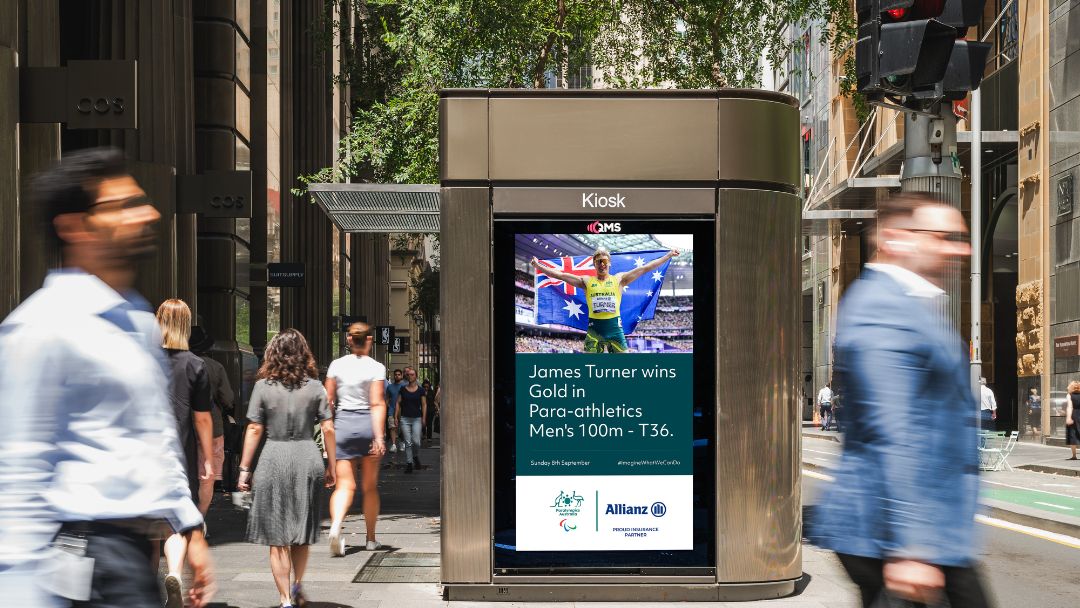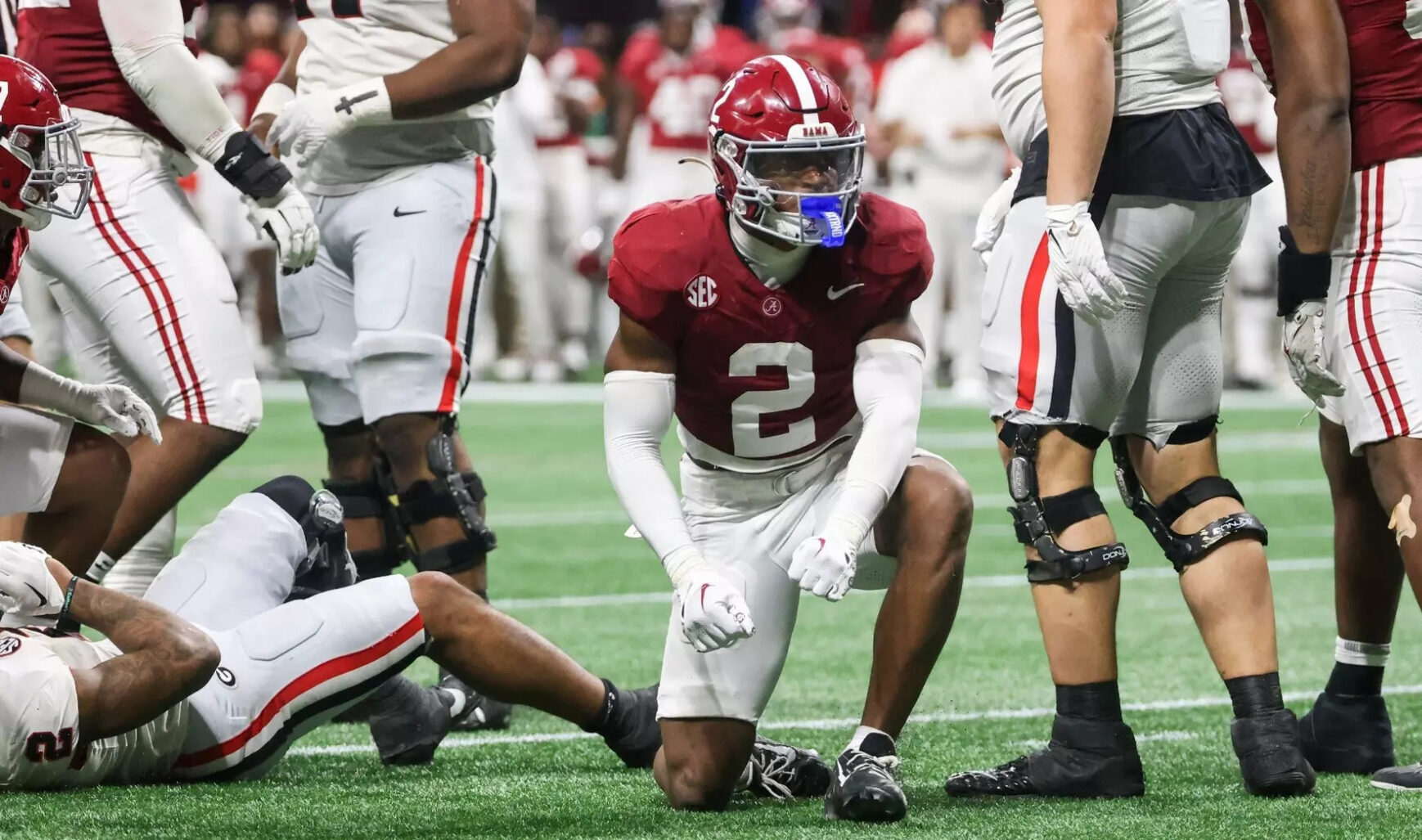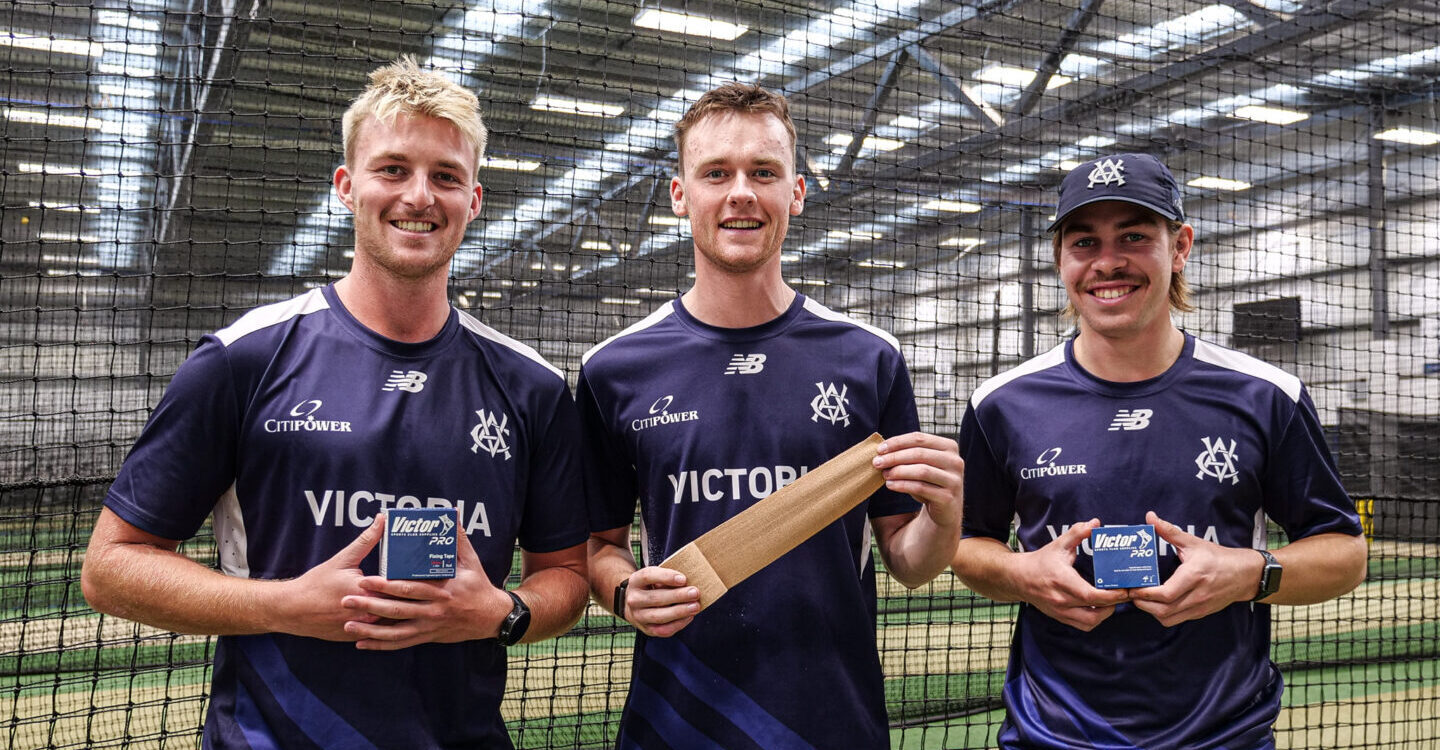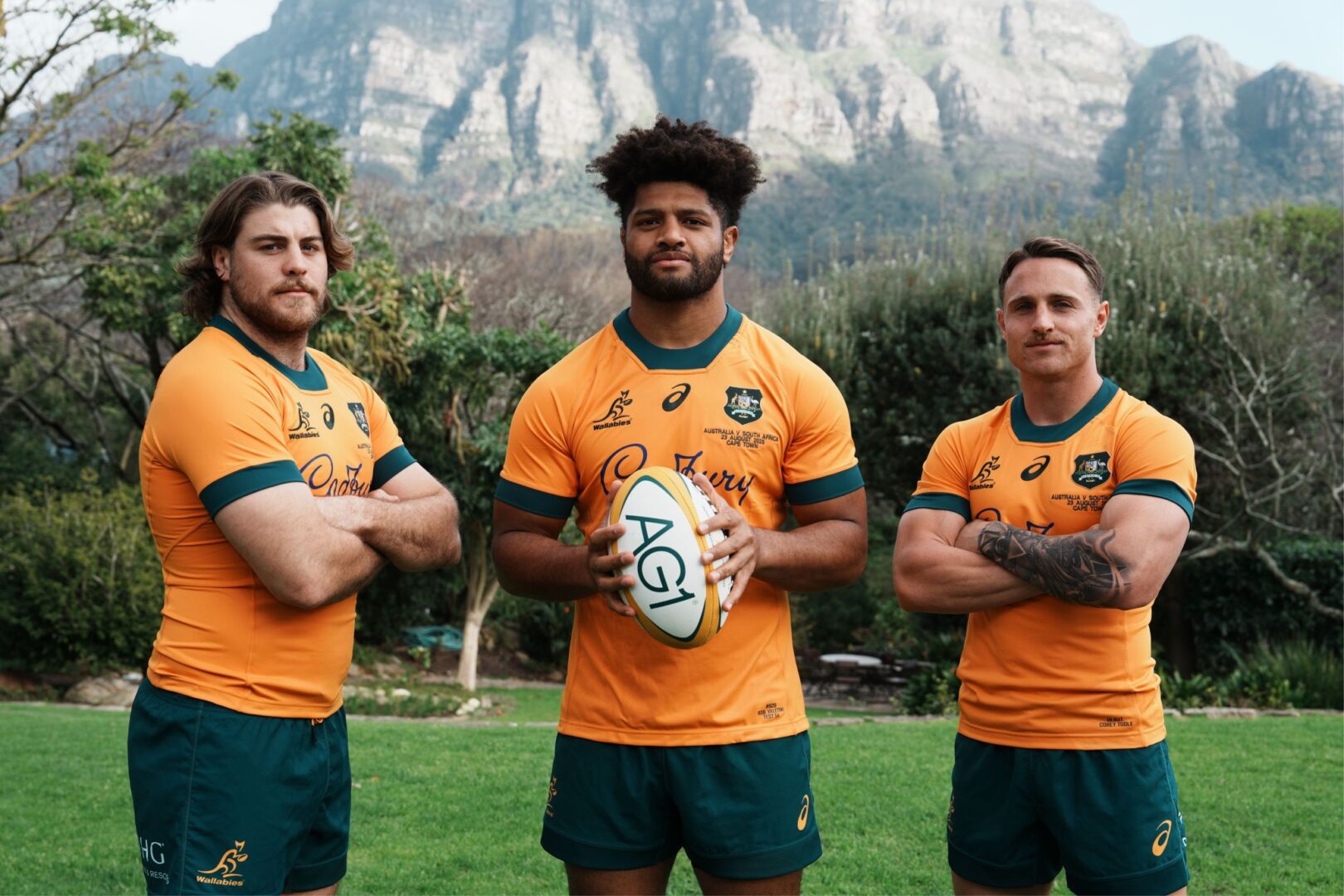A Spotlight on the IOC’s Focus on Gender Parity Ahead of Historic 2024 Paris Olympics

The 2024 Paris Olympic Games mark a historic milestone in the quest for gender parity in sports, highlighting a significant shift towards championing women’s sport. The International Olympic Committee (IOC) has aimed for a near-equal representation of male and female athletes, a goal set against the backdrop of Paris, where women first competed in the Olympics in 1900.
The IOC’s objective is a 50-50 gender split among the over 11,000 athletes registered to compete from July 26 to August 11. However, the latest figures indicate a slight shortfall, with men comprising 51% and women 49% of the participants. Despite this, the push towards gender equality is evident, particularly in the allocation of events and mixed-gender competitions.
The Paris Games will feature 329 medal events, with 157 for men, 152 for women, and 20 mixed-gender events. The inclusion of 28 fully gender-equal sports, such as the new breaking to music event, underscores the IOC’s commitment to equality. Notably, men are now allowed to compete in artistic swimming, traditionally a female-only discipline, although rhythmic gymnastics remains exclusively for women.
Mixed-gender team events, which made a striking debut in Tokyo three years ago, will continue to play a significant role. The mixed 4×400 meters relay and 4×100 mixed medley relay in swimming exemplify the spirit of equality, as noted by IOC sports director Kit McConnell.
The United States, the largest team at the Paris Olympics, leads in female participation, with 338 women athletes, accounting for 53% of its delegation. Other countries with significant female representation include France, Australia, China, and Germany.
Small nations like Guam, Nicaragua, and Sierra Leone also show high percentages of female athletes, illustrating the global reach of the gender parity initiative. Conversely, some countries, such as Qatar and Iraq, have minimal female representation, reflecting ongoing challenges in achieving universal gender equality.
The historic effort towards gender parity in Paris is a testament to the evolving landscape of the Olympic Games. From the mere 2.2% female participation in 1900 to nearly equal representation today, the journey reflects broader societal changes and the growing recognition of women’s contributions to sports.
The IOC’s commitment to fostering gender equality has driven these changes, with reforms initiated by President Thomas Bach in 2014 playing a crucial role. The rebalancing of medal events and the inclusion of mixed-gender competitions are steps towards ensuring equity on the field.
As the Paris Olympics approach, the focus on gender parity not only celebrates the achievements of female athletes but also sets a precedent for future Games, reinforcing the Olympic movement’s dedication to inclusivity and equality.
Similar Stories

The Paralympic Movement Is Sport’s Next Great Investment Story
The University of Queensland brought together key figures shaping the Brisbane 2032 Games:...

QMS Expands Olympic and Paralympic Partnership to Milano Cortina 2026
Digital outdoor media, QMS, has announced its partnership with the Australian Olympic Committee...

NFL Teams approve participation of NFL players in 2028 LA Olympics
The NFL has officially approved the participation of its players in flag football...
It's free to join the team!
Join the most engaged community in the Sports Business World.
Get all the latest news, insights, data, education and event updates.






